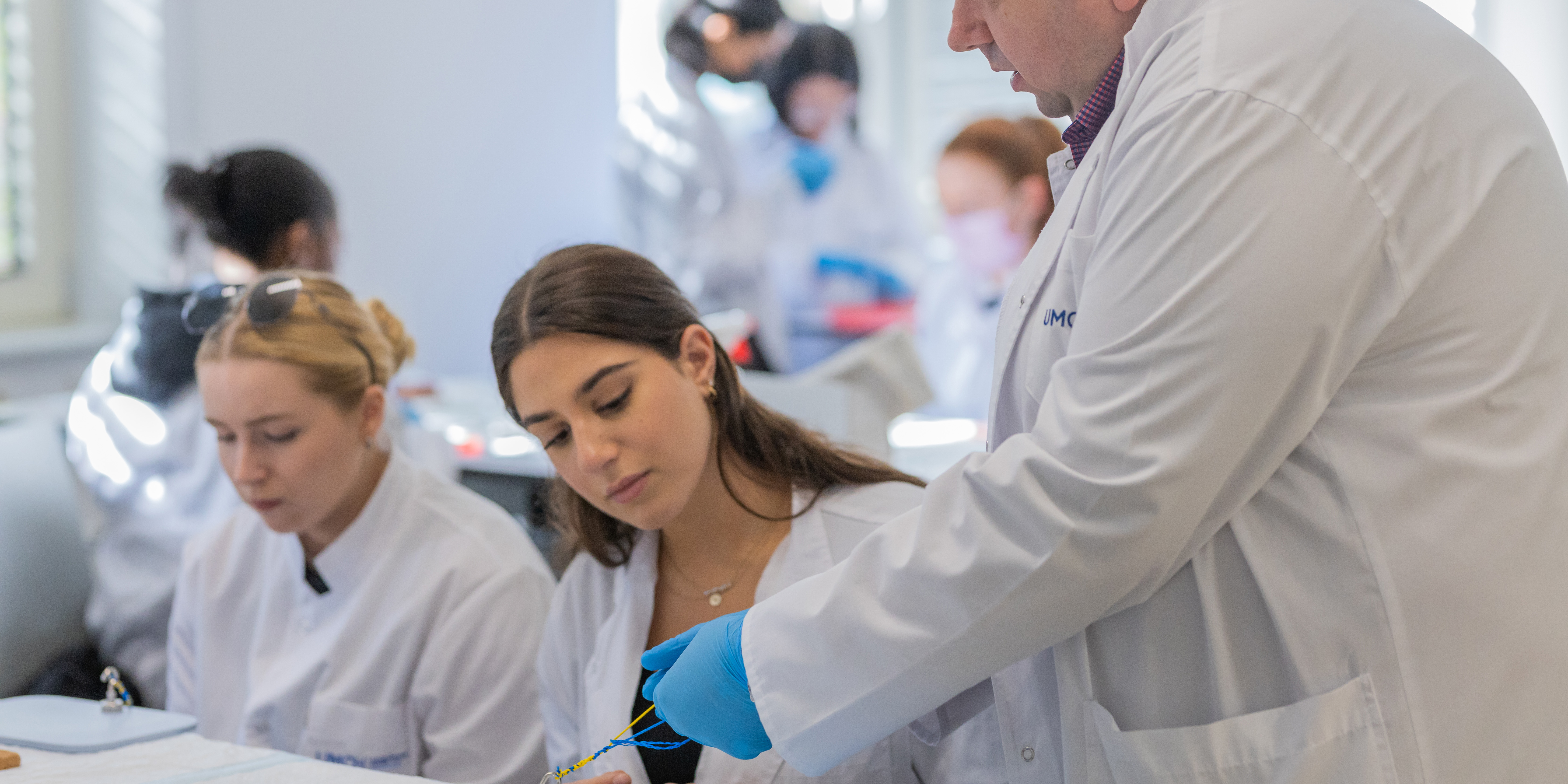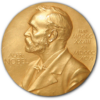First English-Speaking Program in Medicine in Germany
University Targu Mures Medical Campus Hamburg (UMCH) is the German branch of the George Emil Palade University of Medicine, Pharmacy, Sciences, and Technology of Targu Mures (UMFST) in Hamburg-Bahrenfeld. Here, prospective students can start their medical studies every year in the winter semester.

Der UMFST-Campus in Neumarkt a. M.

Der UMCH-Campus in Hamburg-Bahrenfeld
New branch of an established university
Medical studies at UMCH in Hamburg are based on the values and experience of the renowned and traditional UMFST, which has stood for excellence in research and teaching for over 70 years. UMFST is a state university located in the Romanian city of Targu Mures in the region of Transylvania. With more than 11,000 students and 3 medical faculties (Human Medicine, Dentistry and Pharmacy), it is the largest medical university in the country.

UMFST: Docendo discimus! – Learning through teaching!
UMFST offers a high-quality research infrastructure at an international level and thus serves as a center of reference for basic research in the country’s clinical medicine. The university’s curriculum is constantly adapted to the latest findings in research and taught by experienced faculty with extensive expertise. The results of scientific activity at UMFST are reflected in research partnerships, innovative patents, publications, and the organization of and participation in national and international congresses.
In addition, the university pursues more than 150 international collaborations with major medical institutions from various European countries, thereby contributing significantly to the further development of evidence-based research. Furthermore, UMFST maintains an international network consisting of 49 partner universities, where students can spend one or more semesters as part of the ERASMUS program, gaining valuable experience abroad.
Innovatively designed campus
The campus in Hamburg-Bahrenfeld, which covers more than 8,000 m², has excellent teaching and learning infrastructure, such as a virtual anatomy and dissection table as well as high-tech lecture halls, seminar rooms and laboratories. All rooms where teaching takes place are equipped with several high-definition cameras, which means that the individual events are all broadcast live and recorded to be repeated as often as desired.

Future-oriented educational concept
UMCH offers its students a high-caliber practical and science-oriented education in Germany, in English and in an international environment, which is unique in this combination. In addition to the transfer of knowledge by experienced lecturers, medical training at UMCH and its teaching hospitals places great emphasis on the promotion of social skills. After all, an outstanding personality is elementary on the path to becoming a doctor, alongside the close integration of basic theoretical subjects with clinical practice.

Individual talent promotion
The UMCH curriculum is based on the latest research findings and is constantly being further developed. The focus of the teaching is on the practice-oriented, interdisciplinary transfer of medical knowledge with the aim of preparing students in the best possible way for their everyday professional life in the future – both subject-related and with regard to dealing with patients.
Students learn at a state university while enjoying the benefits of a privately operated campus. Classes are held in small groups, which allows for particularly close and personal attention. Here, professors know all students personally and by name. In this way, individual strengths and talents are specifically promoted.

International orientation
The theoretical content is taught in English at the UMCH campus – the clinical-practical part of the program from the 3rd year onwards takes place in German/English in a nationwide network of teaching hospitals. The fact that theoretical content, such as medical terminology, is taught in English offers numerous advantages. In the international research context, good English skills are mandatory, as English is the standard in landmark publications and symposia. Thus, by mastering the lingua franca of medicine, students lay the foundation for a successful career – regardless of whether they want to work in Germany or abroad.






